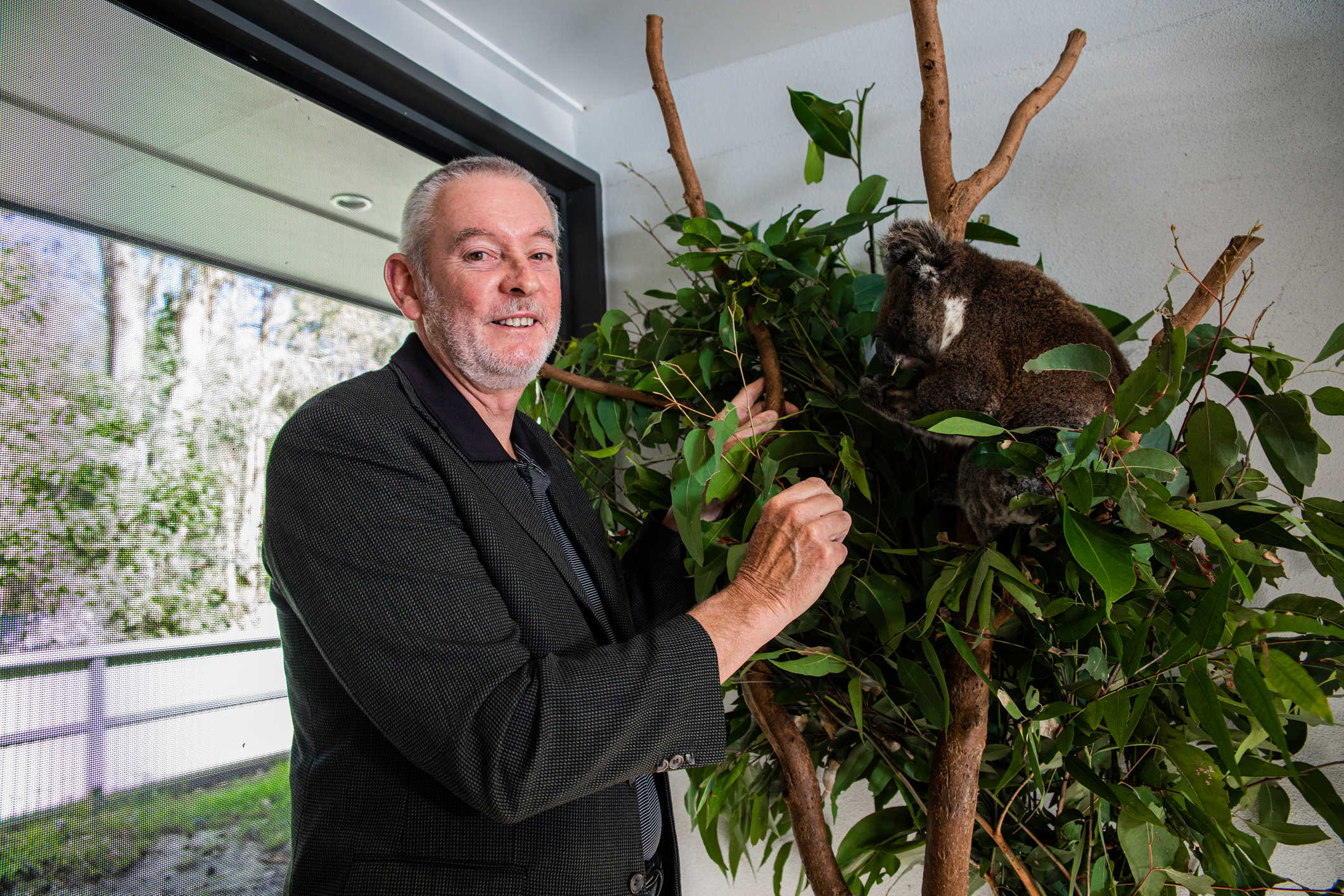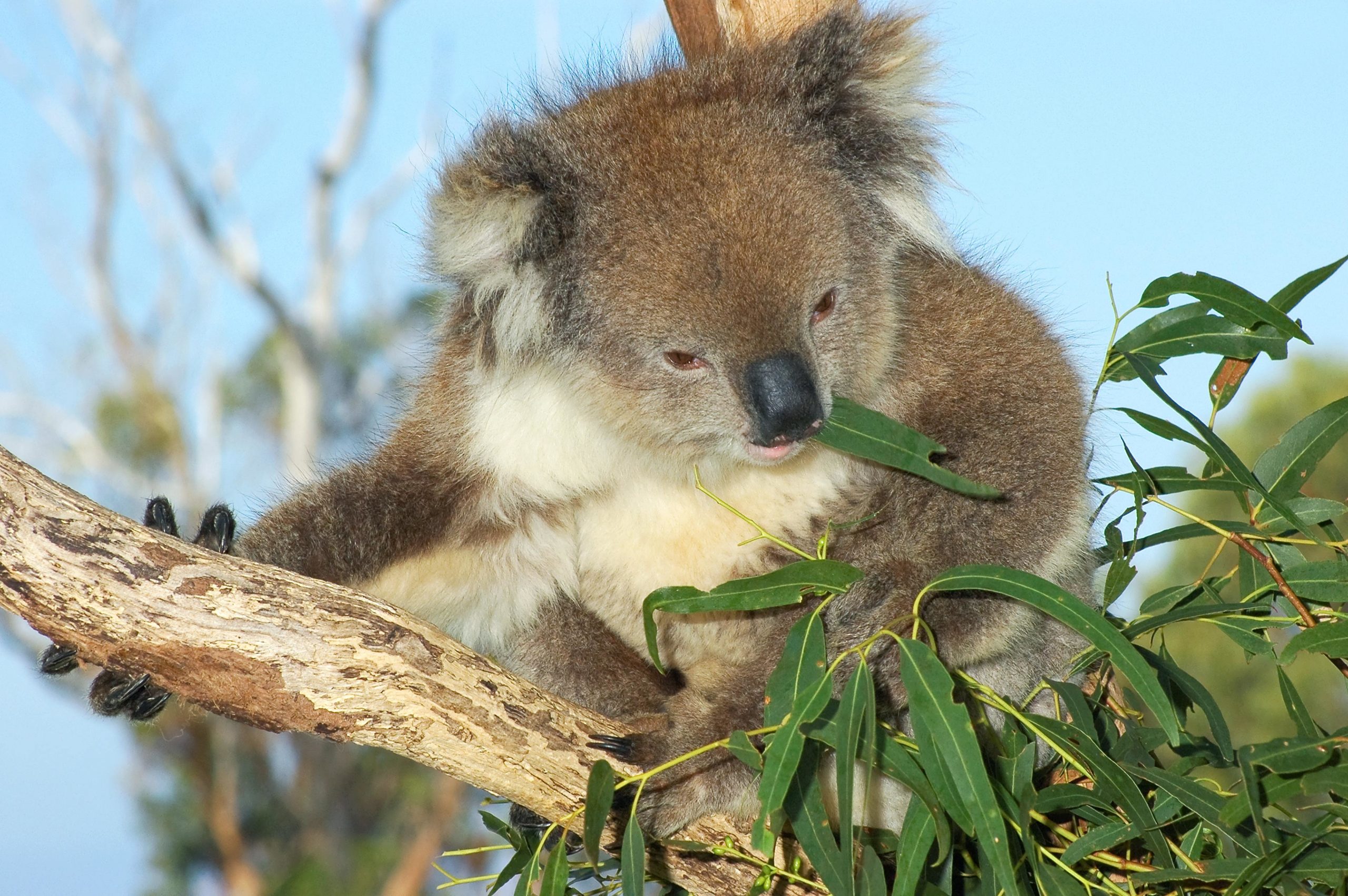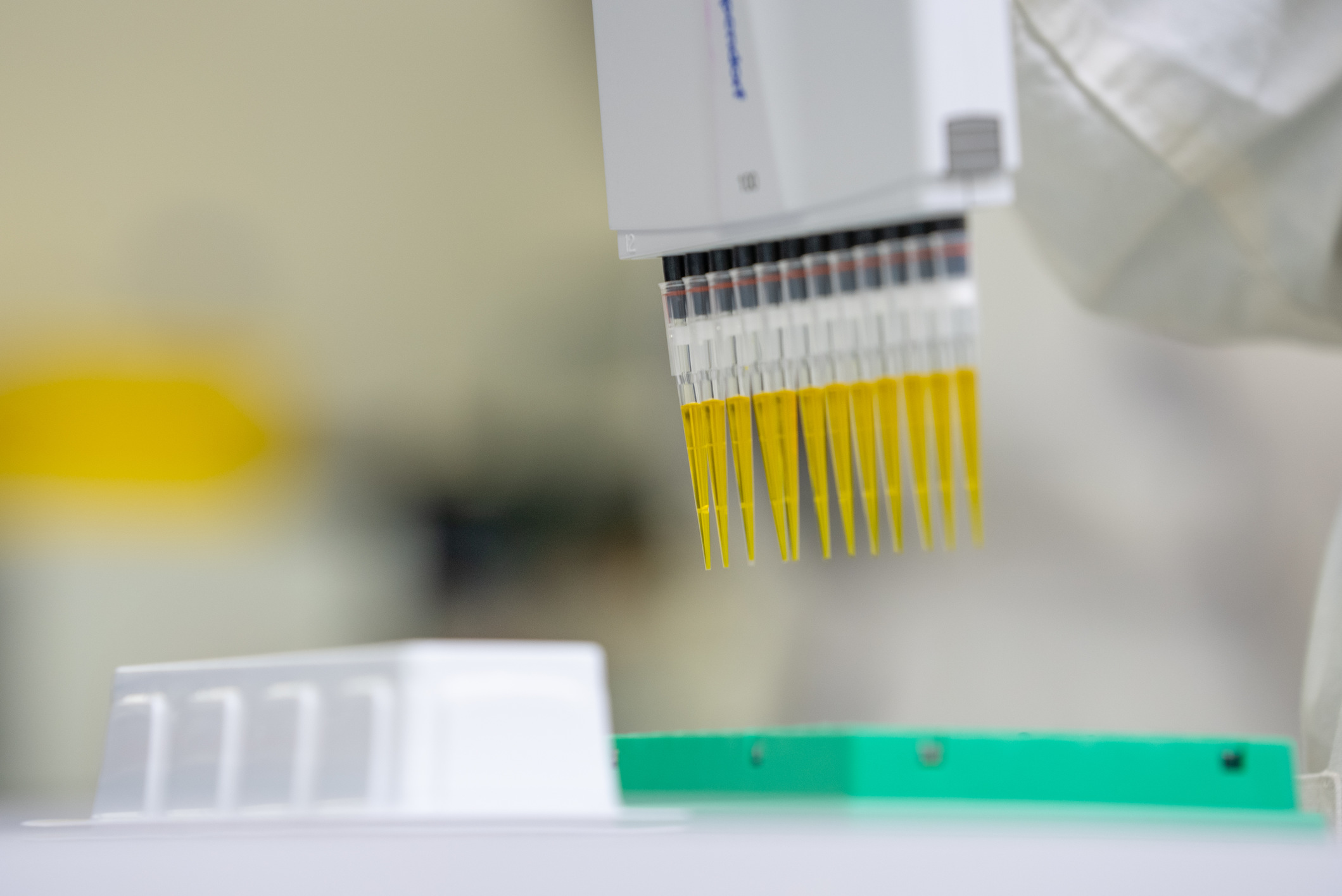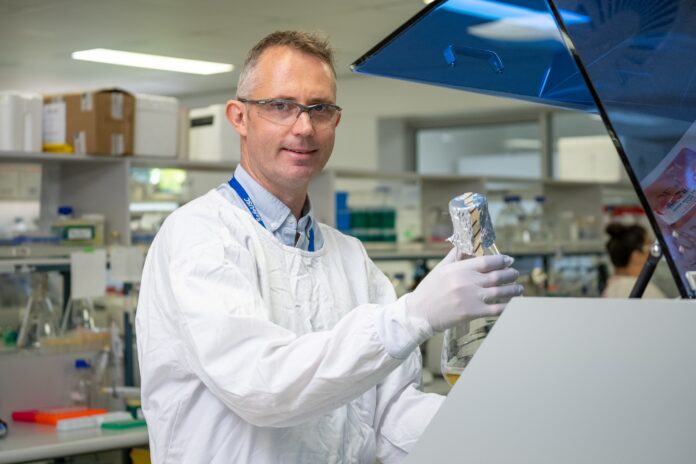A chlamydia vaccine developed by the University of the Sunshine Coast is set to protect wild koalas from the disease.
The largest and longest-ever survey of wild koalas has confirmed the vaccine’s effectiveness.
The findings, published in journal Nature, revealed the vaccine reduces the chance of koalas developing signs of chlamydial disease during breeding age, and reduces deaths from the disease in wild populations by at least 65 per cent.
The lead author, UniSC research fellow Dr Samuel Phillips, said more than a decade of clinical data – gathered through regular screenings across a large wild koala population in South-East Queensland – was combined to evaluate the vaccine’s effectiveness over multiple generations.
“Critically, the results show the vaccine can stop koalas dying from the disease and help aid the recovery of a declining population,” he said.
“By using this vaccine, the average age at which koalas are likely to develop chlamydial disease was pushed back more than three years, from five to over eight years old, crucially protecting them during their main reproductive years.”

UniSC researchers, led by Professor of Microbiology Peter Timms, have been at the forefront of efforts to develop a vaccine, based on Chlamydia pecorum’s major outer membrane protein (MOMP), to protect koalas from the devastating effects of infection.
“This study stands as the largest and longest-ever conducted on koalas, conclusively confirming the significant positive impact of this vaccine,” said Professor Timms, who co-authored the study.
Chlamydia in koalas can cause conjunctivitis, urinary tract and reproductive tract infections, and in severe cases blindness, severe cystitis, infertility and death. Left untreated, animals with severe infections may have their life expectancy reduced by several years.
“The current treatment is antibiotics, which has its limitations and can disrupt the koala’s ability to digest eucalypt leaves, leading to starvation and occasionally death. Furthermore, treating infection often does not prevent future infection,” Professor Timms said.
“We know that vaccination is essential to reduce the rapid, devastating spread of this disease, and this vaccine can play a role in the longer-term survival of koalas, especially in South-East Queensland and New South Wales where chlamydia affects 50 per cent or more of populations.”

This latest study combines datasets from a 10-year project that tracked and monitored the health of a specific population of wild koalas in South East Queensland’s Moreton Bay region.
Dr Phillips said it was “an unprecedented opportunity” to assess the effectiveness of UniSC’s MOMP-based vaccine to protect koalas from chlamydial disease and or death.
The project involved more than 680 wild koalas, with about 150 koalas under veterinary management at any given time. It was led by co-author Dr Jon Hanger from Endeavour Veterinary Ecology and funded by the Moreton Bay City Council and Queensland Department of Transport and Main Roads.
One hundred and sixty-five koalas were vaccinated across five separate trials, using four similar versions of the vaccine. While each trial lasted about two years, many of the koalas continued to be monitored until the end of the program in 2023.

“This allows us to evaluate the long term effectiveness of the vaccine across the life span of many individual animals,” Dr Phillips said.
The research team recommends future koala management plans should include vaccination as part of a holistic strategy to protect koalas from all known threats.
“When vaccination is combined with multiple koala conservation strategies, including addressing traffic, wild and domestic dogs and importantly, retaining and restoring habitat – local population declines can be reversed,” he said.
This project received significant support from the Queensland Government and Endeavour Veterinary Ecology.
Professor Timms secured funding through the Australian Research and Council New South Wales Planning, Industry and Environment grants part of the NSW Koala Strategy for the vaccine trials used in this analysis.
UniSC has received a grant of $750,000 from the Federal Government’s Saving Koalas Fund to support turning a research version of its koala chlamydia vaccine into a veterinary-approved product that could be rolled out nationally to the most at-risk populations
Help us deliver more news by registering for our FREE daily news feed. All it requires is your name and email at the bottom of this article.





